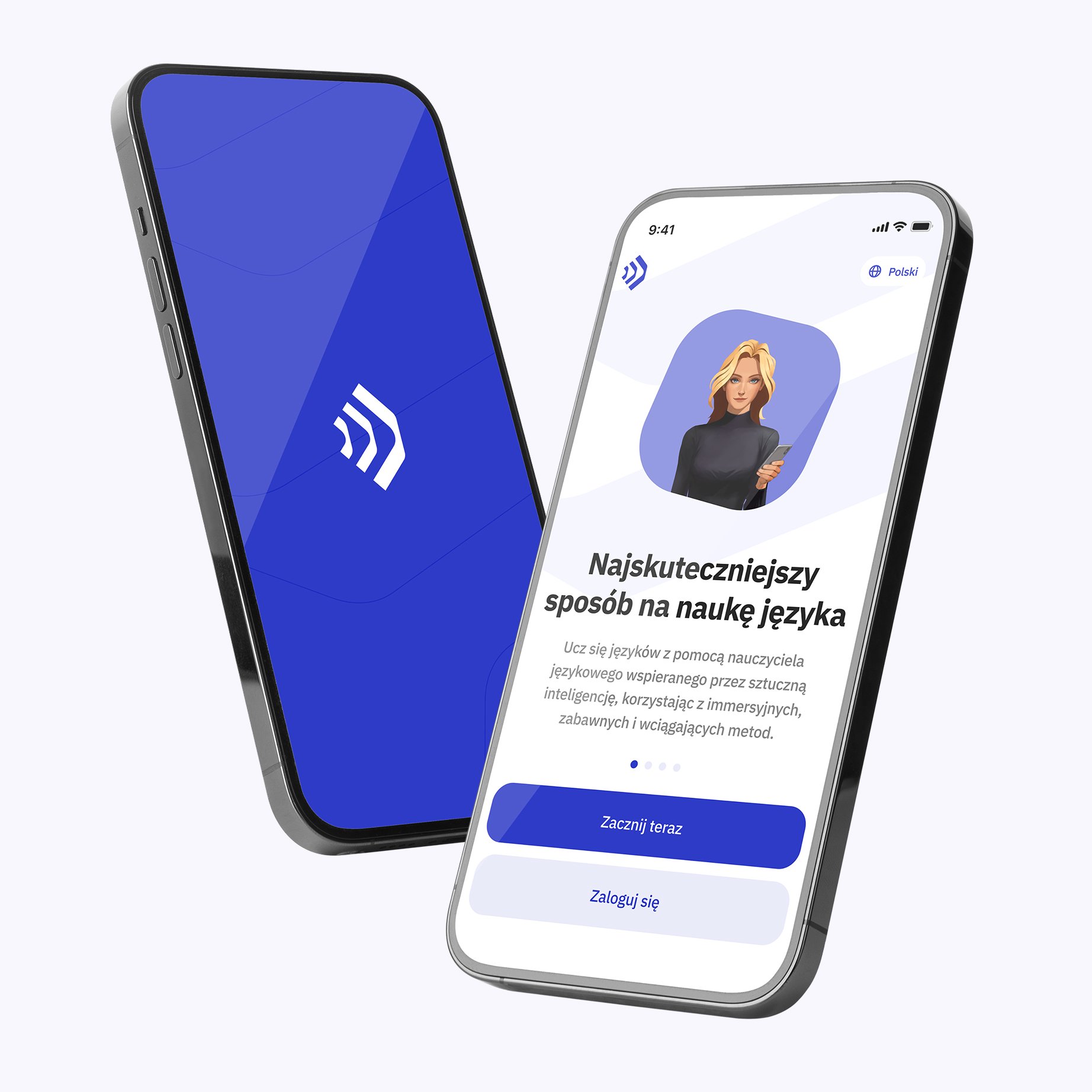Ćwiczenie 1: Użycie czasowników modalnych wyrażających możliwość, pozwolenie i prośbę
2. She *may* come to the party tonight. (możliwość, formalne pozwolenie)
3. *Could* you please help me with this task? (grzeczna prośba)
4. We *might* go to the cinema later. (możliwość)
5. He *can* speak three languages fluently. (umiejętność)
6. You *may* not enter this room without permission. (zakaz, brak pozwolenia)
7. *Can* I ask you a question? (prośba o pozwolenie)
8. They *could* see the mountains from their hotel window. (przeszła możliwość)
9. She *might* be at home now. (prawdopodobieństwo)
10. We *shall* meet at 5 pm tomorrow. (formalna propozycja lub przyszłość)
Ćwiczenie 2: Użycie czasowników modalnych wyrażających obowiązek, radę i przypuszczenie
2. He *should* study more if he wants to pass the exam. (rada)
3. They *ought to* apologize for their mistake. (moralny obowiązek)
4. We *must* be quiet in the library. (nakaz)
5. She *should* call her parents more often. (rada)
6. You *must not* smoke here. (zakaz)
7. It *could* be raining later according to the forecast. (przypuszczenie)
8. You *would* feel better if you exercised regularly. (radzenie, przypuszczenie)
9. He *shall* finish the project by next week. (formalna deklaracja)
10. She *must* have left early because she is not here. (przypuszczenie w czasie przeszłym)










